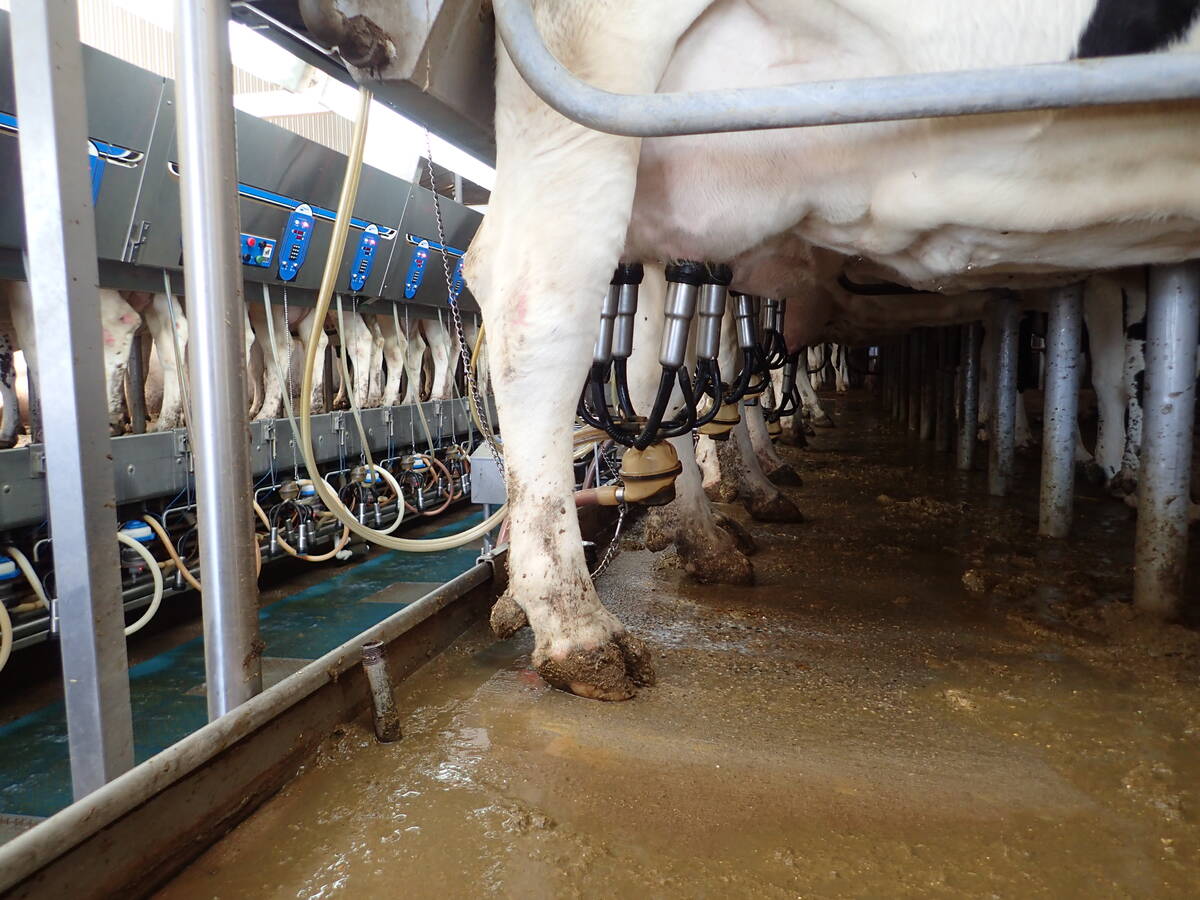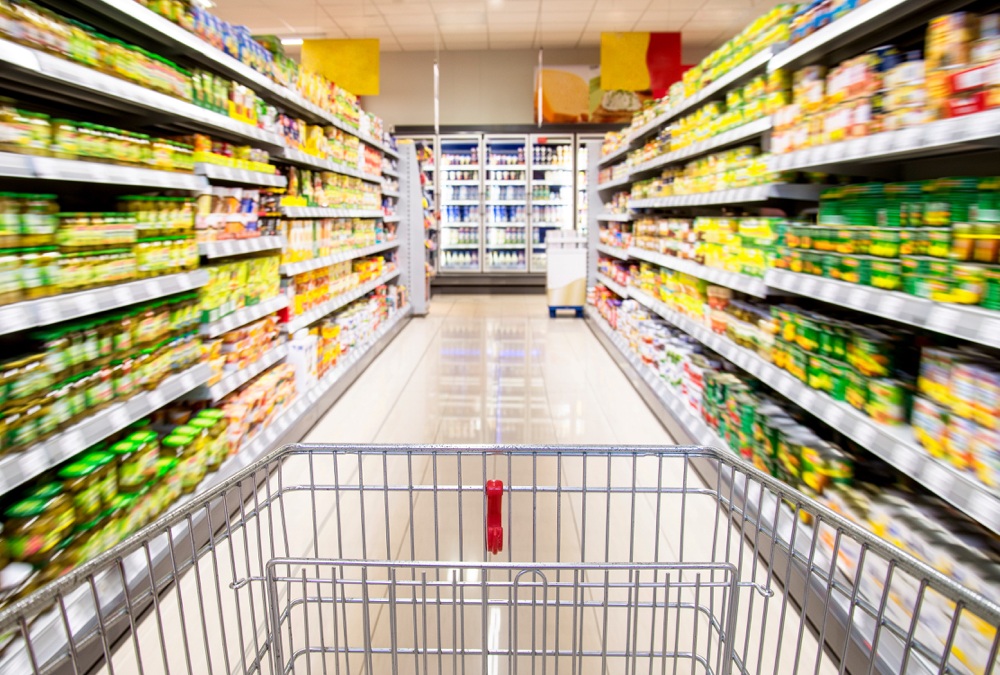While most healthy people will recover in a week or so from small exposure to the pathogens that can be present in raw milk, for people with weakened immune systems such as the elderly, children and people with cancer, organ transplants or HIV/AIDS, exposure is dangerous, even fatal.
There is a broad scientific consensus that any supposed benefit of consuming raw milk is far outweighed by the clear and serious public health risks of its consumption.
In the United States, the Food and Drug Administration (FDA), the Center for Disease Control and the American Medical Association all strongly endorse pasteurization.
Read Also

Manitoba dairy farmers not bothered by milk price freeze
Manitoba announced the 2026 freeze on retail milk prices for one-litre jugs on Jan. 13.
The FDA recently sent out a warning to consumers regarding the dangers of drinking raw milk, no matter how carefully produced. Kansas State University recently published a list of the 39 known outbreaks associated with unpasteurized milk or cheese between 1998 and 2005, which resulted in an estimated 831 illnesses, 66 hospitalizations and one death.
Health Canada has been consistent: “Any possible benefits are far outweighed by the serious risk of illness from drinking raw milk.”
Ontario is equally clear: “Raw milk is unsafe to drink because it could contain bacteria that cause illnesses.”
There have been a number of recent high-profile cases in Ontario alone – in 2006 there were two confirmed cases in Haldimand and Norfolk; a Waterloo girl was hospitalized with kidney failure after eating raw milk cheese contaminated with E. coli (the cheese had been given to the girl’s family as a gift); another hospitalization in Waterloo of a 15-year-old; and five residents of Peterborough County ill from campylobacter.
In 2007, outbreaks resulted in two seriously ill infants in Grey-Bruce (one from versinia infection and one from listeriosis) and two dozen people fell ill in eastern Ontario from raw milk cheese made by a mobile cheese maker.
While most healthy people will recover in a week or so from small exposure to the pathogens that can be present in raw milk, for people with weakened immune systems such as the elderly, children and people with cancer, organ transplants or HIV/AIDS, exposure is dangerous, even fatal. The germs can be equally dangerous to pregnant women and unborn babies. There is a clear scientific consensus that these people should never drink raw milk or eat its products.
RAMBLING
In spite of the scientific consensus on the danger of raw milk, the regulation of it is somewhat uneven. It is illegal in all states and territories in Australia. It is illegal in Scotland, but legal in England, Wales and Northern Ireland.
In the U. S., 28 states do not prohibit sales of raw milk, but they impose restrictions on suppliers. In Canada, the sale of raw milk directly to consumers is prohibited by a variety of provincial provisions and it is a crime to sell unpasteurized milk in Canada under B. 08.002.2(1) of the Food and Drug Regulations.
The issue has come to the fore again recently with the conviction of a raw milk supplier in British Columbia and the acquittal of Michael Schmidt in Ontario. In both cases the issue was whether a co-op structure or “cow share” scheme could be used to get around the ban on sale and distribution.
The B. C. case involved the wording of its public health law (“willingly causing a health hazard.”) In the Ontario case, a justice of the peace, in a rambling, fulsome judgment, held that Schmidt’s cow share scheme did allow him to achieve indirectly what he could not do directly. The decision is being appealed by Ontario.
Strangely, no one has commented on why the Canadian Food Inspection Agency is not laying charges under the federal regulations.
Again, like organic and GMOs, the raw milk debate is more about ideology than science – always a tough situation for food regulators.
Ronald L. Doering, a past president of the Canadian Food Inspection Agency,
practises food law in the Ottawa offices of Gowling Lafleur Henderson LLP and
can be reached at [email protected].















